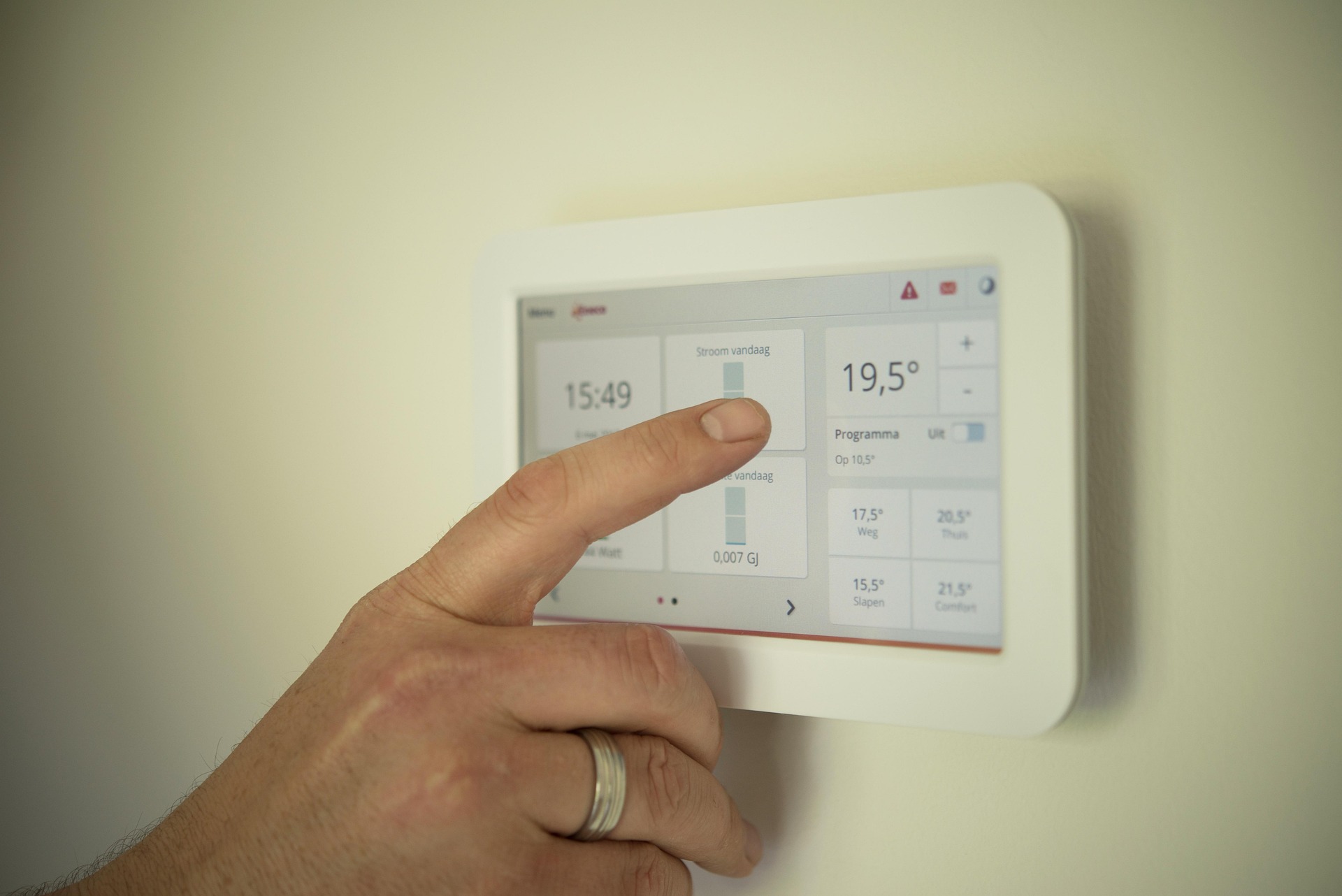

Question: Should I Get a Heat Pump Or Furnace?
Answer: Whether you should get a heat pump or furnace depends on several factors. Heat pumps are efficient for moderate climates, offering both heating and cooling. Furnaces are better for colder areas, providing powerful heat but no cooling.
Heating and Cooling Choices for Homeowners
Choosing the right heating and cooling system is a crucial decision for any homeowner. Two popular options dominate the market: heat pumps and furnaces. This article explores the key differences between these systems, helping you make an informed choice that aligns with your needs and budget. Should you get a heat pump or furnace? Let’s delve into the details.
Understanding Furnaces
Furnaces are the traditional choice for home heating. They burn fuel (natural gas, propane, or oil) to generate heat, distributing it throughout your home via ductwork. Furnaces offer reliable, consistent warmth, even during the coldest winter months.
Types of Furnaces
Natural Gas Furnaces:
These are the most common type, offering efficiency and cost-effectiveness.Propane Furnaces:
A good alternative where natural gas isn’t available.Oil Furnaces:
Less common now, but still a viable option in some areas.
Click the link for more information on Orangeville realtors
Related Article: What is the Downside to a Heat Pump?
Related Article: Does Leaving a Tv Plugged in Use Electricity?
Comparing Efficiency and Operating Costs
Heat pumps generally operate more efficiently than furnaces, especially in milder climates. They move heat rather than creating it, resulting in lower energy consumption. However, in extremely cold temperatures, a heat pump’s efficiency can decrease, and a backup heating system (often electric) might be necessary. Furnaces, while less efficient overall, provide consistent heat regardless of the outside temperature. Fuel prices also play a significant role in operating costs.
Factors Affecting Efficiency
Climate:
Heat pumps excel in moderate climates, while furnaces handle extreme cold better.Insulation:
Well-insulated homes maximize the efficiency of both systems.System Sizing:
A properly sized system is crucial for optimal performance.
Installation and Maintenance Considerations
Furnace installation is typically less complex and less expensive than heat pump installation, especially if ductwork is already in place. Heat pumps may require more extensive installation, particularly ground-source systems. Regular maintenance is essential for both systems. Furnaces require annual inspections and cleaning, while heat pumps require similar attention, including checks on refrigerant levels.
Maintenance Tips
Regular Inspections:
Schedule annual inspections for both furnaces and heat pumps.Filter Changes:
Change air filters regularly to maintain airflow and efficiency.Professional Servicing:
Address any issues promptly by contacting a qualified technician.
Lifespan and Warranty
Furnaces generally have a lifespan of 15-20 years, while heat pumps can last 15-25 years with proper maintenance. Manufacturers offer warranties on both systems, covering parts and labour for a specific period. Understanding the warranty terms is important when making your decision.
Warranty Considerations
Parts Warranty:
Covers the cost of replacement parts.Labour Warranty:
Covers the cost of labour for repairs.Extended Warranties:
Offer additional coverage beyond the standard warranty period.
Making the Right Choice
The best choice between a heat pump and a furnace depends on your individual circumstances. Consider your climate, budget, existing infrastructure, and energy efficiency goals. If you live in a moderate climate and prioritize energy efficiency, a heat pump is an excellent option. If you experience harsh winters and require consistent, reliable heating, a furnace may be the better choice.
Consulting with a qualified HVAC professional is crucial. They can assess your specific needs and recommend the most suitable heating and cooling solution for your home. Should you get a heat pump or a furnace? Careful consideration of these factors will guide you towards the optimal choice, ensuring comfort and efficiency for years to come.


